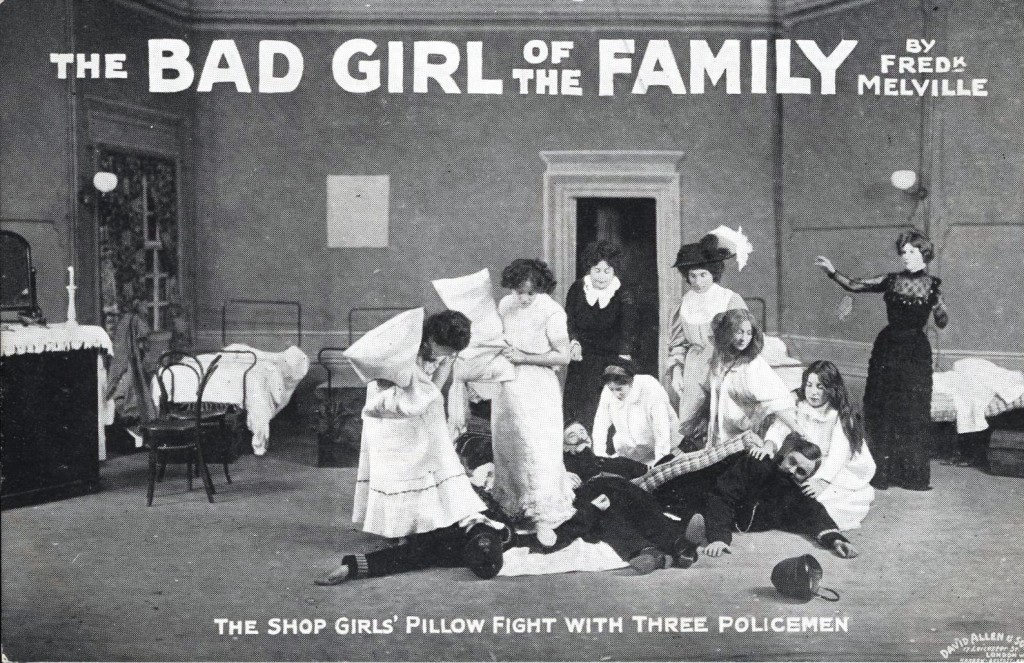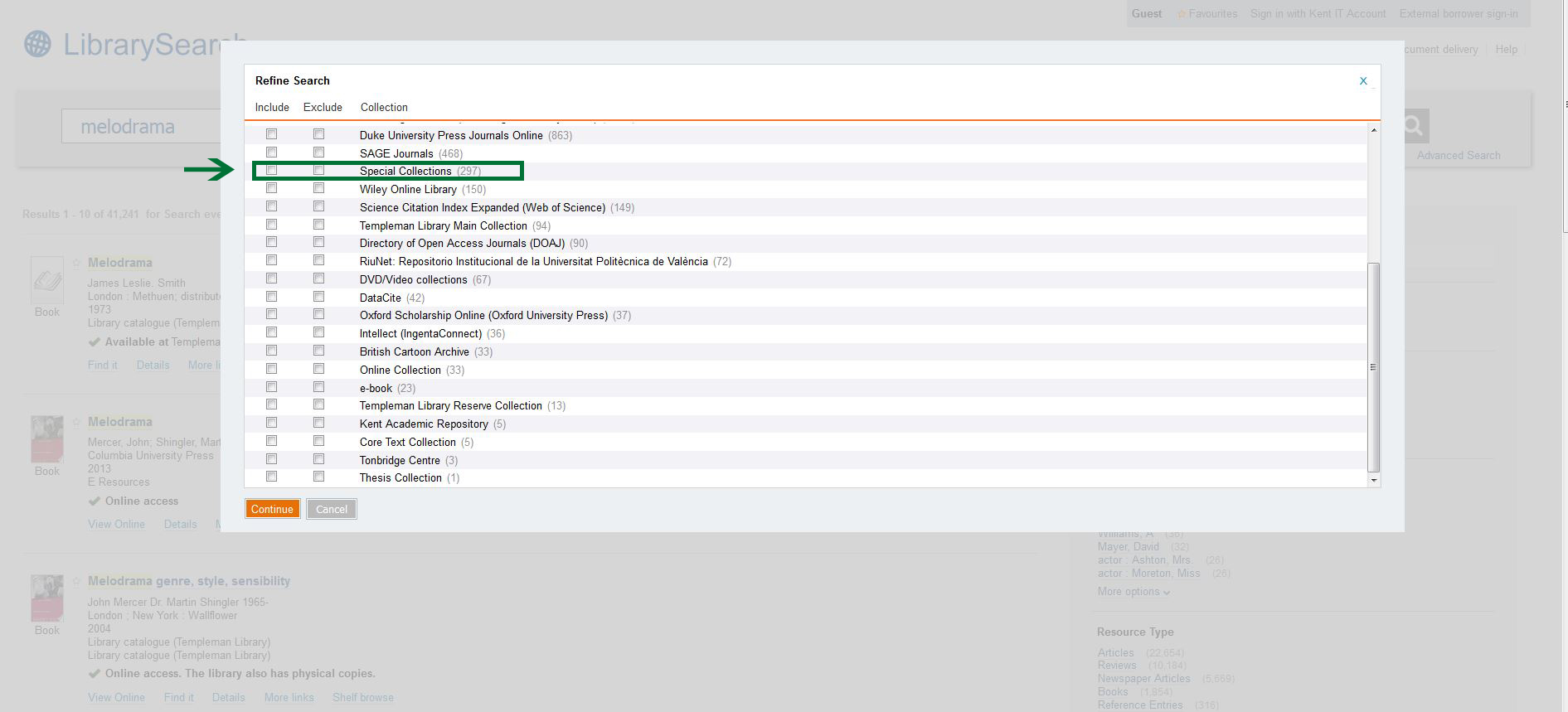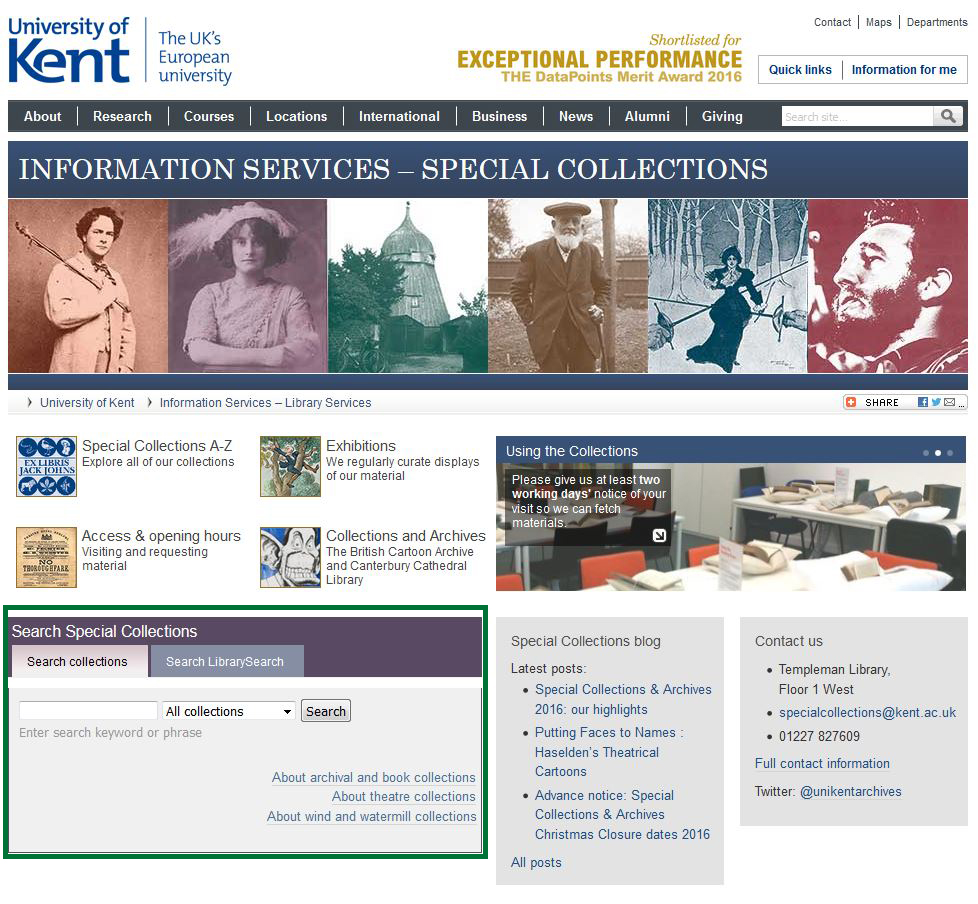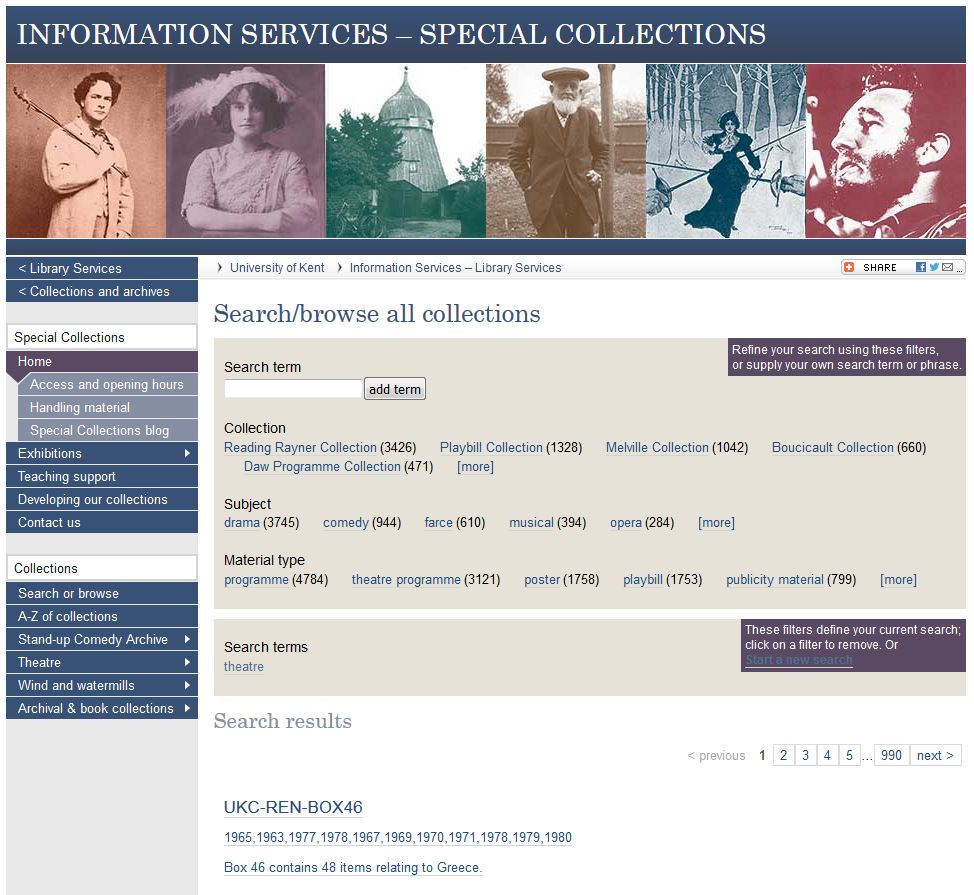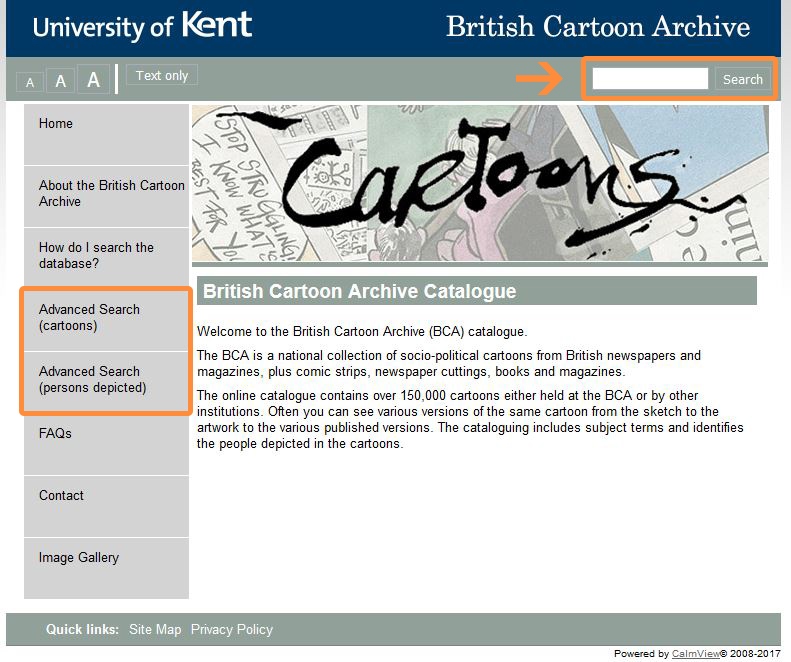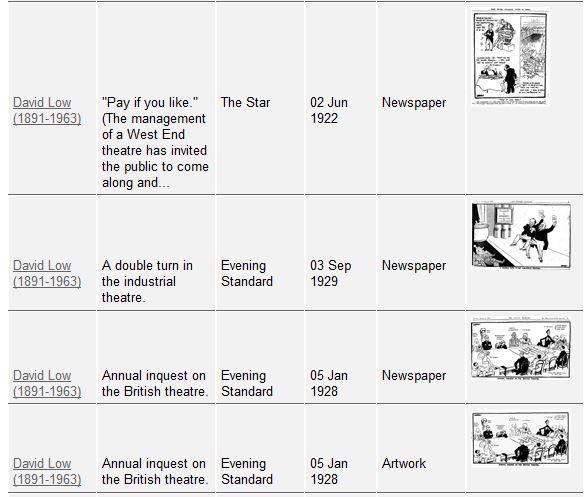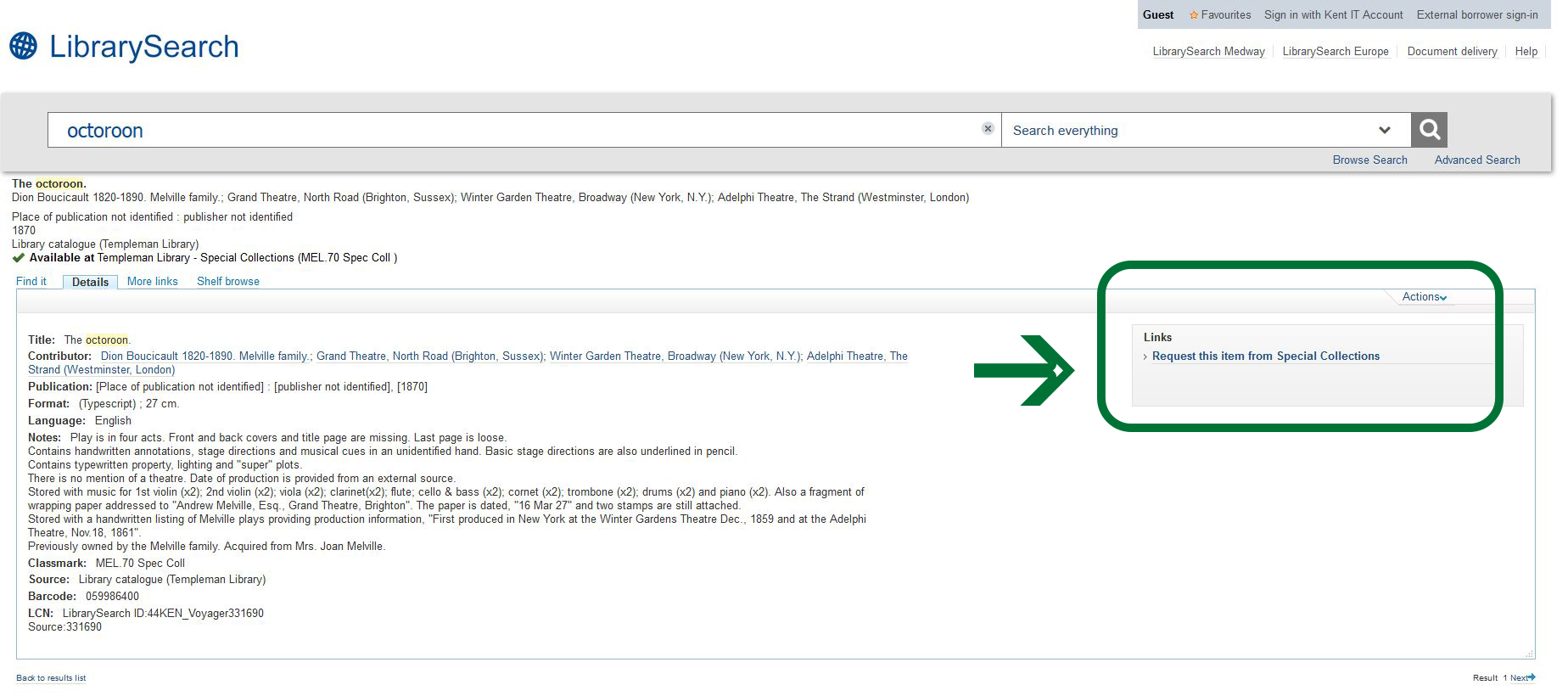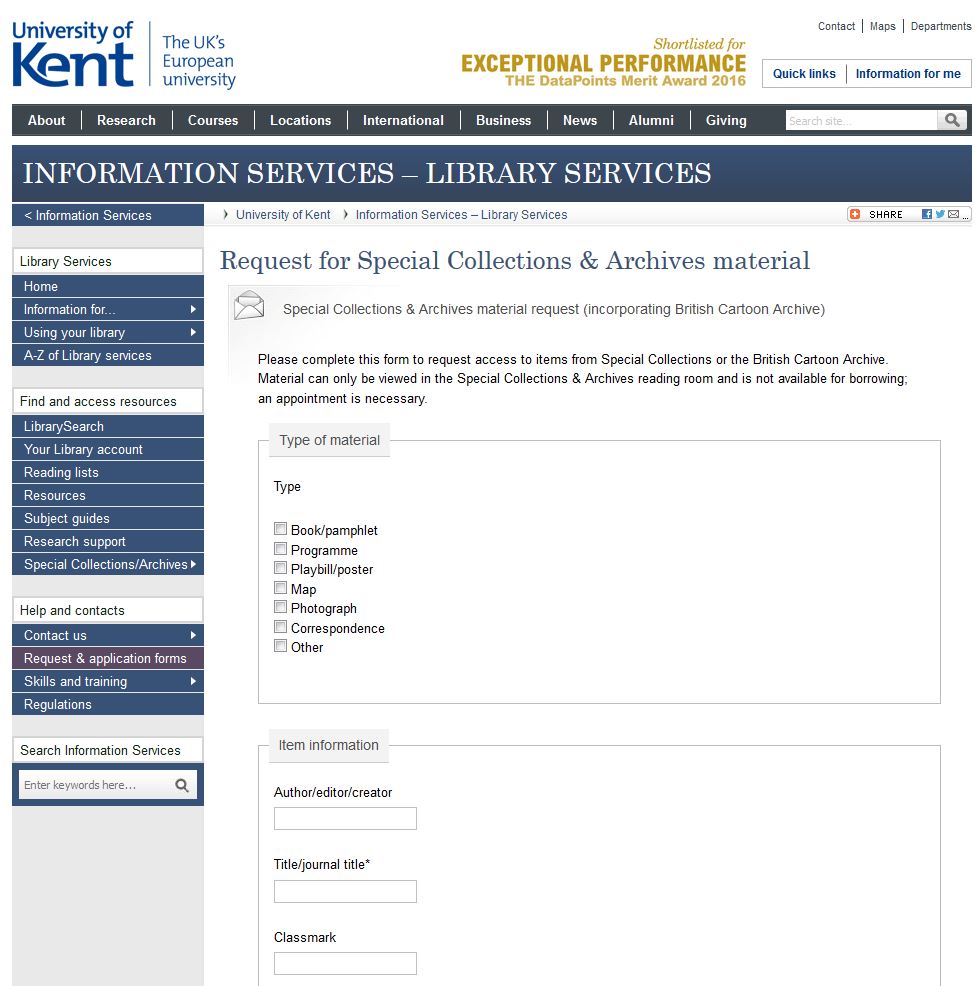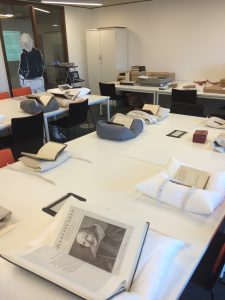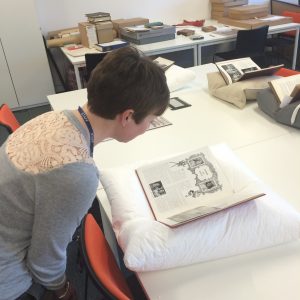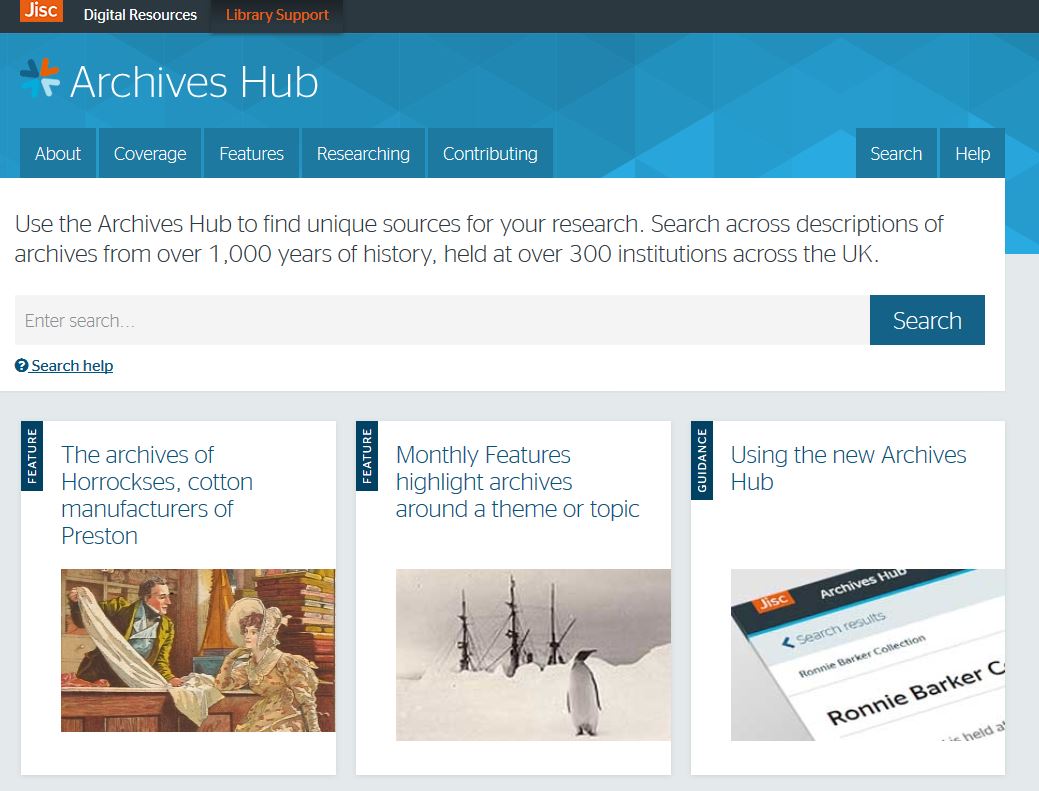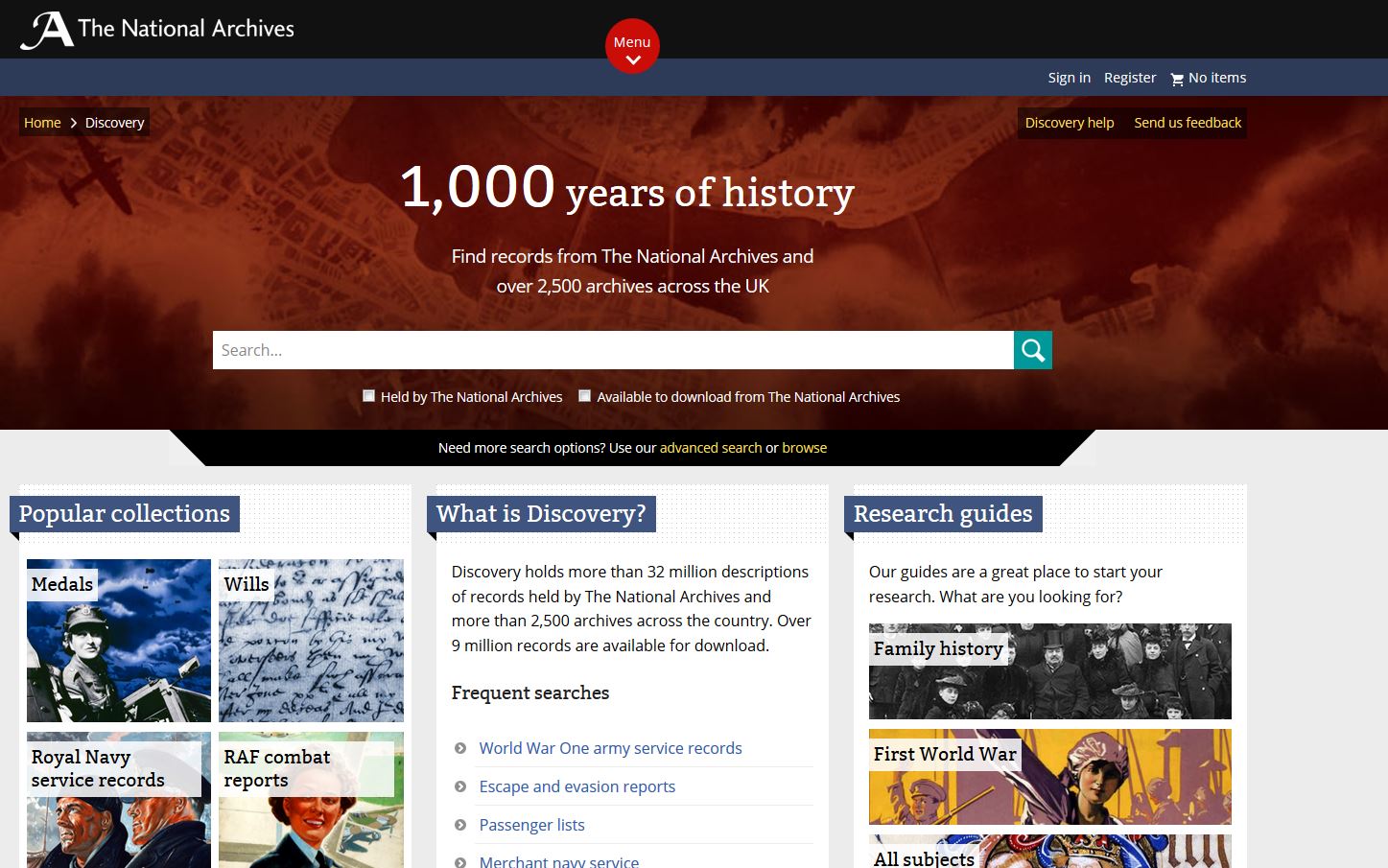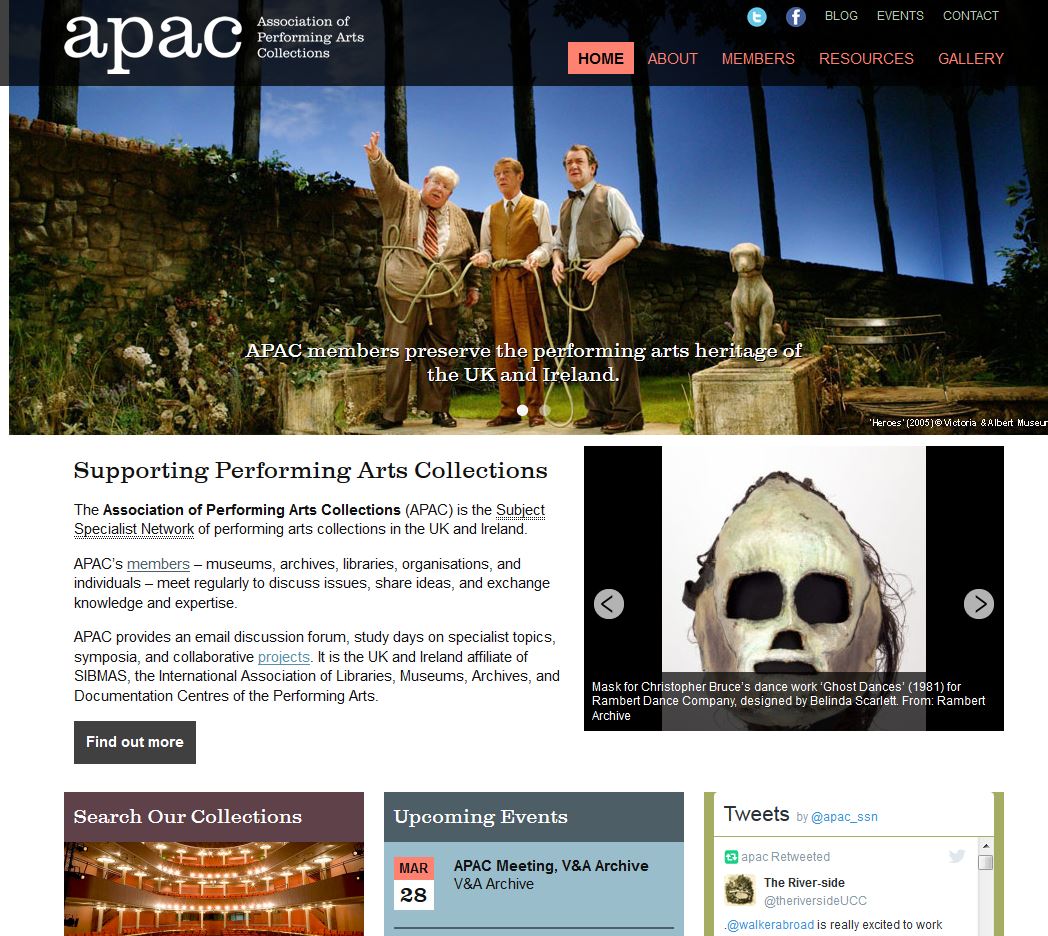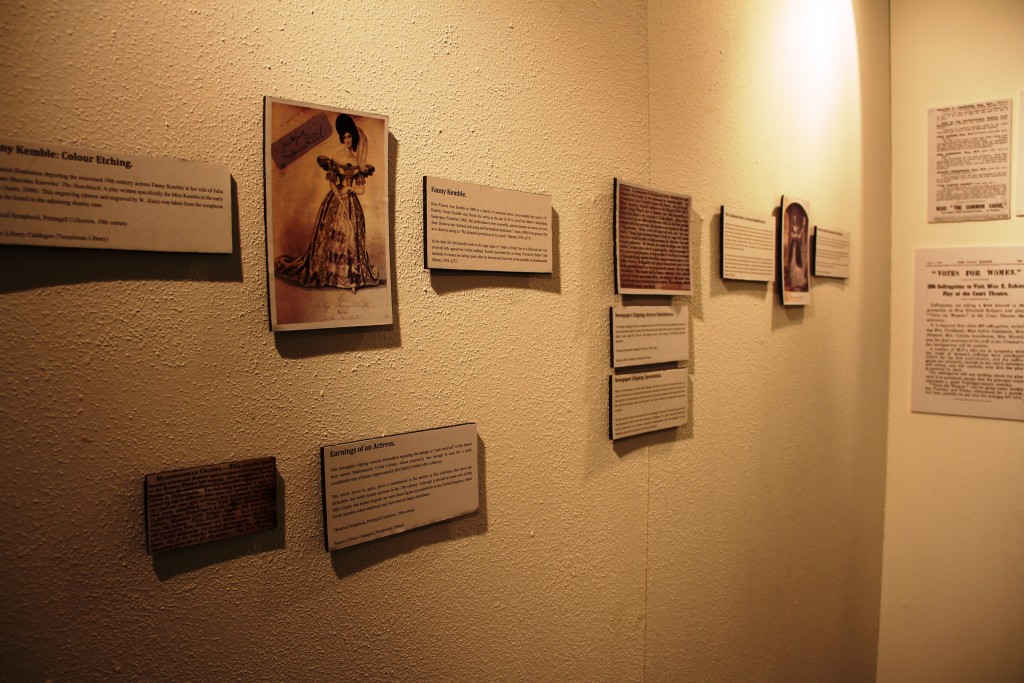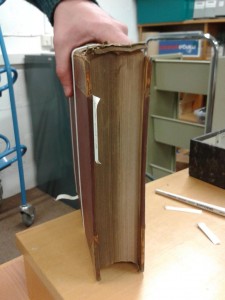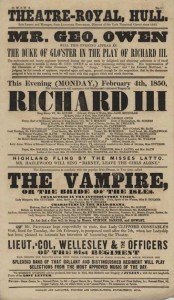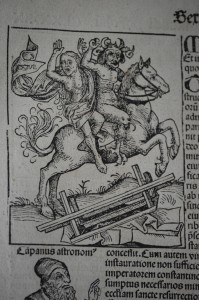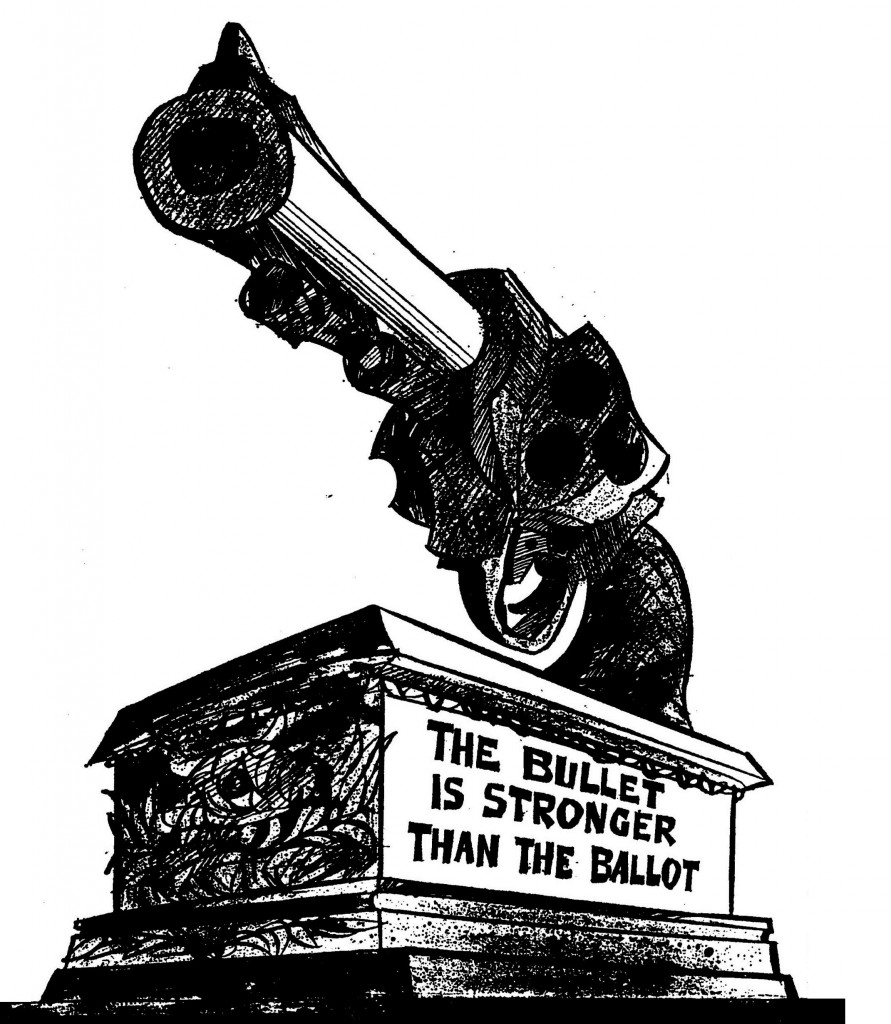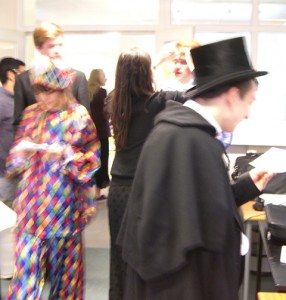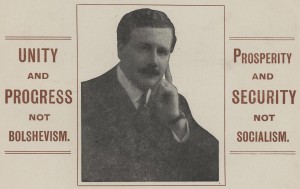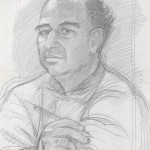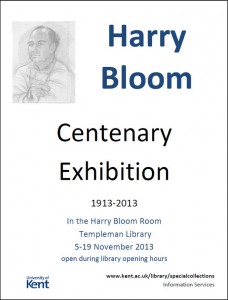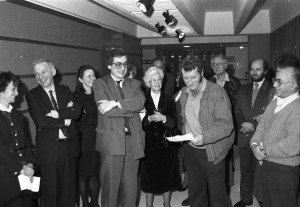We’re really looking forward to welcoming students on the DR575: Victorian and Edwardian Theatre module to Special Collections & Archives this term! It’s always tremendous fun for both our team and everyone studying.
To help everyone settle in, we’ve collated a list of the most commonly asked questions we get about using Special Collections & Archives during the module. This list is by no means exhaustive, and we’ll try and update it throughout the term. However, if you have a question please do have a look through this list to see if the information you need is here. As ever, we encourage you to get in touch with any queries you might have. See you in our Reading Room!
Accessing Special Collections & Archives
How do I find material to use from Special Collections & Archives?
How do I book an appointment to view material?
Can I book in to the Reading Room with a group of people?
How can I access the playbills you hold?
Contacting Special Collections & Archives
When is the Reading Room open?
I’ve emailed you with a query – when can I expect a reply?
Handling material in Special Collections & Archives
Do I need to wear white gloves?
How do I handle this item?
What can I bring into the Reading Room?
Accessing Special Collections & Archives elsewhere
How do I find other archives for my research?
Where can I find [X] archive?
How do I contact [X] archive?
Exhibition queries
I need a scan of this item! What do I do?
How long will it take you to scan items for me?
Can I use this image for my exhibition?
What should I get my exhibition material printed on to?
Where can I get material printed?
When do I need to get items sent to the printers by?
How much does [X] cost? Can I reclaim this money? How?
Accessing Special Collections & Archives material
How do I find material to use from Special Collections & Archives?
The majority of Special Collections material can be found on LibrarySearch. There are two main ways of finding material:
You can either select ‘Special Collections’ (or ‘British Cartoon Archive’) from the drop-down box on the right-hand side of the search bar, then enter your terms…
…Or you can enter your search terms as usual, then scroll down and select ‘Collections’ from the right-hand side of the screen. You can then select ‘Special Collections’ from the list:
Some Special Collections & Archives material is currently only catalogued on our own website, so it’s worth checking both. Our catalogue can be accessed on the first page:
Enter your search terms, and then you can narrow down the results by collection/type of material/subject…
Once you’ve found an item you’d like to see in our reading room, note down as much information as possible (especially the identifier) and drop us an email.
If you’re interested in searching the British Cartoon Archive, you can search for books using LibrarySearch as above…or you can use the British Cartoon Archive catalogue to search for cartoon artwork:
You can search using the box on top right-hand side of the screen, or click Advanced Search (cartoons) to locate more specific material. By using Advanced Search, you can narrow down results by several terms (such as artist and date). Once you’ve found something you’re interested in viewing, click the image thumbnail to view a bigger version of the image or click the artist’s name to find out more information about the artwork.
If you want to view higher resolution images, or see any original artwork, please do get in touch. It’s worth noting that artwork from the British Cartoon Archive is currently stored offsite due to the Library Refurbishment so we need at least two weeks’ notice to get any material for you. Additionally, some material from the British Cartoon Archive is very fragile, so if we have a digital copy we’ll likely ask you to use that for your research instead.
How do I book an appointment to view material?
The main way of booking an appointment to view material is as follows:
When you find Special Collections & Archives material through LibrarySearch, you’ll see an option to request the item from Special Collections:
Once you click on the link, a pop-up window will emerge. Fill in the form using the details of the item on LibrarySearch, then scroll down to fill in the date you’d like to see the item (remembering that you need to give us at least two working days notice – and that we’re closed on Wednesdays):
Special Collections & Archives staff will then respond to your email to confirm the time of your appointment.
If you can’t make your appointment, or don’t need the material any more, please do let us know as soon as you can – it takes time to retrieve items from the stores and we’re limited on space for holding items in the Reading Room for you.
You can also email your request over to us at specialcollections@kent.ac.uk (giving as much information as you can about what you want to see) or pop in the office to see us.
Can I book in to the Reading Room with a group of people?
You can, but please let us know in advance (how many people and what material you need) so we can check who else is booked in for that day. The Reading Room is often used by other researchers, and it tends to be a quieter space, so you’ll need to bear this in mind if you’re working as a group! If we have a lot of researchers booked in, we may need to ask you to come back on a different day.
How can I access the playbills you hold?
Our playbills are currently being stored offsite during the Library refurbishment. The majority of them, however, have been digitised so we can generally supply you with a digital image of items via email or in the Reading Room. You can also view them online via searching our MODES catalogue. If you let us know the classmark (which will generally begin with UKC-POS), we can check if there’s a digital copy available. If there isn’t, we’ll need at least two weeks’ notice before we collect them from our offsite stores.
Contacting Special Collections & Archives
When is the Reading Room open?
The Reading Room is open Mondays, Tuesdays, Thursdays and Fridays between 9.30am and 4.30pm. We are closed on Wednesdays and at weekends! Although we require 48 hours’ notice to retrieve material, you’re very welcome to drop in with any questions about using our collections during these hours.
I’ve emailed you with a query – when can I expect a reply?
We aim to answer any queries about booking appointments within one working day, but more specific queries about your course/reprographics for your course will be answered on Tuesday afternoons. Please send any requests or questions over to us by Monday morning.
Handling Special Collections & Archives material
Do I need to wear white gloves?
Contrary to popular belief, you do not need to wear white gloves to handle archival material – except in very special circumstances with certain items. White gloves generally don’t fit your hands exactly, and by wearing them you lose dexterity which can make turning fragile pages much more difficult. As long as your hands are clean and dry, and you haven’t used anything greasy on them beforehand like hand lotion, then touching material without gloves is fine. The British Library have some excellent guidelines that we all follow here.
How do I handle this item?
The short answer to this question: ask us! We’ll always advise you on how to handle the items you’re looking at, but there are some general guidelines that apply to all our material:
- If the item is on a book rest, it needs to stay on the book rest
- Many of the books we hold require you to use snake weights to keep the pages open – this is to avoid putting excessive pressure on an area of the book in order to read it
- Some of our material is in plastic (melinex) wallets for protection. Occasionally it’s possible to take items out of these wallets to view them, but if this is the case we’ll do that for you. If it’s in plastic, assume it stays in plastic
- Treat every item (regardless of its age) carefully, even if it looks in great condition – it’s likely in such good condition because we’ve been so careful with it before!
What can I bring into the Reading Room?
Before entering our Reading Room, you’ll need to put your coats and bags in one of our (free) lockers/on a coat hook and get out the items you need. You can bring in pencils, paper and laptops/tablets into the Reading Room. Ideally, any devices you bring in need to be charged up as we don’t have many plug points easily accessible at the moment. You are also welcome to take photos of material using your phone, as long as flash isn’t turned on. You can’t bring food, drink or pens of any kind into the Reading Room – doing so runs the risk of damaging the items out on display.
Accessing Special Collections & Archives elsewhere
How do I find other archives for my research?
There are lots of other databases now that will help you find relevant material – here are a few of the main websites…
Archives Hub searches over 300 UK institutions, mainly from the UK education sector:
Discovery at The National Archives searches over 2500 archives in the UK (and, of course, the National Archives themselves):
Europeana searches archives across Europe to help you find what you need:
If you’re interested in finding theatre resources, the Association of Performing Arts Collections is a great place to start:
As ever, if you need extra help please do ask us – we’re here to help you with any aspect of using archives, not just our own lovely collections!
Where can I find [X] archive?
Most archives are 21st-century friendly and have their own websites, so searching for them online generally yields results. If not, try using either Discovery or Archives Hub to find the collection you’re looking for.
How do I contact [X] archive?
Once you’ve located the website of the archive you’re looking for, there should generally be a ‘Contact Us’ page with email or phone details. Like us, most archives will require you to make an appointment in advance to view material; the amount of notice you’ll need to give the material varies. Many archives will require you to fill out a form to register as a user, either online or in person when you arrive, and show proof of ID (passport or driving licence, generally) as well. Some may also require a letter of recommendation from a tutor – they should let you know this before you visit, so it’s always worth getting in touch.
Most archives will have similar rules about us regarding what you can bring in to their reading rooms – so always ensure you have a pencil with you!
Exhibition queries
I need a scan of this item! What do I do?
Please email specialcollections@kent.ac.uk and mark your email for the attention of Joanna, the Special Collections & Archives contact for this course.
How long will it take you to scan items for me?
If you email your request to us by Monday, we’ll have a reply sent your way by Tuesday afternoon (along with the images). However, if your request is large (or you email us after Monday) this may take longer – we will let you know.
Can I use this image for my exhibition?
Special Collections & Archives material (including British Cartoon Archive items) often has very strict regulations attached to it about who can use it and what for – sadly there’s no single rule about it, and you need to ask us before you use any images. Give us as much information as you can and we will get back to you as soon as possible. You can also check with your tutor.
What should I get my exhibition material printed on to?
The quick answer: check with your tutor! In previous years, students have either had their captions and images printed onto Foamex boards (5mm), which is a little more expensive but tends to look really professional, or print out their own images and stick them onto Foamex by hand, which requires being rather adept with rulers and glue. It’s up to you!
Where can I get material printed?
We recommend that you use the Design and Print Unit on campus, giving them as much notice as you can. You’ll need to send your items over to them via email in PDF format (no JPGS or DOCX files). In previous years, students have also used Omicron Reprographics in Canterbury – if in doubt, ask your tutor.
When do I need to get items sent to the printers by?
The exhibition launches on Tuesday 4th April this term, and our Reading Room will be reserved for you to prepare your material on Monday 3rd/Tuesday 4th. We recommend checking with your tutor and the printers for specific deadlines, but please do allow time before these days to check your material has been printed correctly.
How much does [X] cost? Can I reclaim this money? How?
If you’re using the Design and Print Unit on campus, they will be able to give you a quote before they print your work. All other budget-related queries go to your tutor, please!

